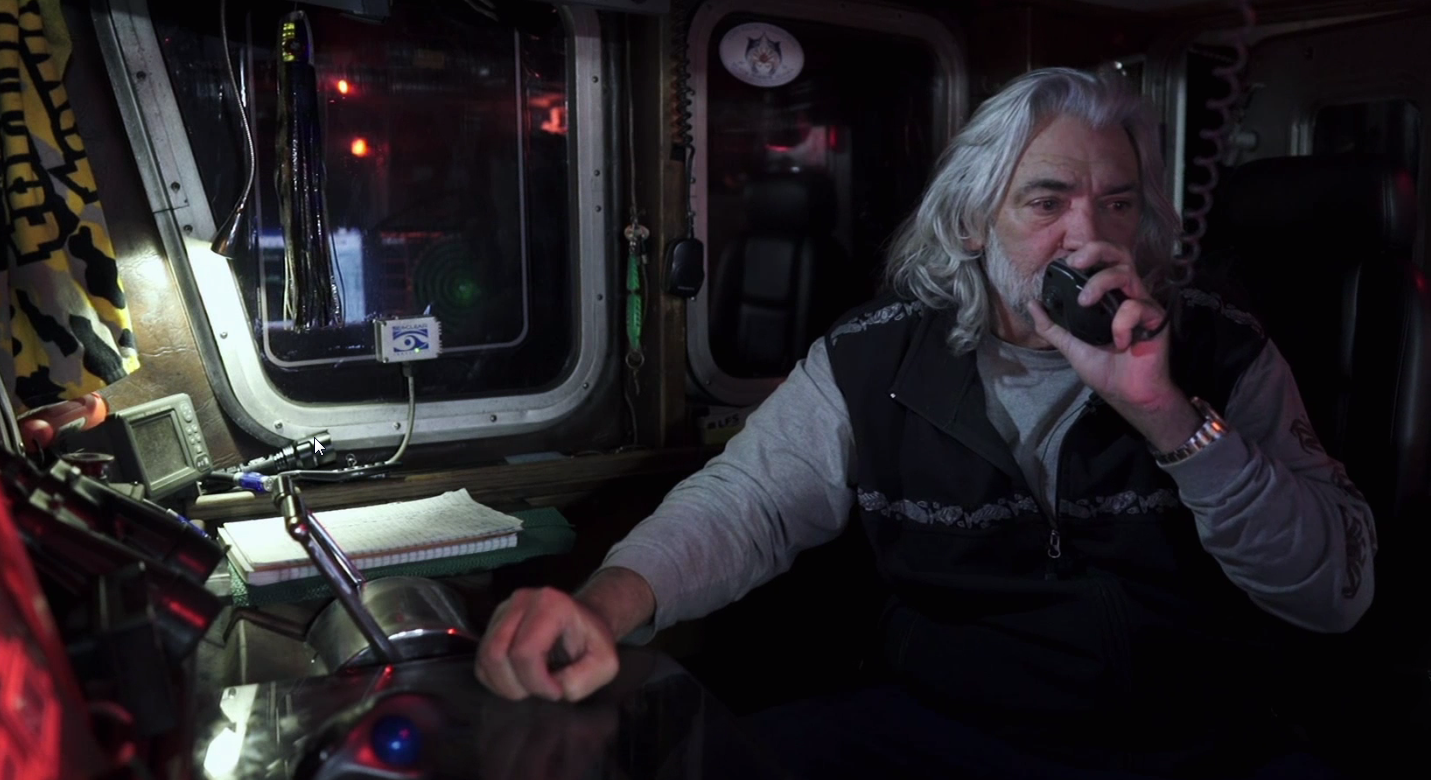EDITORIAL: Divided city council must work together on budget
Published 12:00 pm Friday, August 11, 2023
The division in the Baker City Council is obvious. The 4-3 votes on two motions to elect a mayor during the Tuesday, Aug. 8 meeting, with the same quartet and trio opposed in both cases, were tangible proof.
Trending
But councilors are confronted with a task so difficult, and vital, that they have no time to devote to personal conflicts.
And their constituents aren’t likely to have patience for pointless squabbling.
The city has a budget crisis, specifically in the general fund, which includes the police and fire departments.
Trending
Costs have increased even though the number of employees has been largely stable.
The budget for the police department, the largest in the general fund, has increased by more than $1 million since the 2014-15 fiscal year — from $1.72 million that year to $2.8 million for the current fiscal year. In both cases the majority of the spending is for personnel, including salaries and benefits such as health insurance and the city’s contribution to employees’ pensions. The size of the police workforce has changed little, however — 16.1 full-time equivalent positions in 2014-15, and 17.68 this fiscal year.
On the opposite side of the ledger, the main revenue sources for the general fund can’t be increased easily. The biggest source — local property taxes — are limited by a state law that caps annual increases on individual properties by 3% per year (new construction can boost that figure somewhat).
Over the past nine years, the police budget has increased by about 62%, while property tax revenue has risen by about 27% — to almost $3 million this fiscal year.
The city council contributed to the conundrum last year when it decided to remove ambulance service from the fire department’s duties. The city has lost more in ambulance revenue than it has saved elsewhere. Worse still, ending ambulance service contributed to declining morale that prompted several firefighter/paramedics to resign, leaving the department woefully understaffed. The city is beginning to address that shortage, but the financial damage has been done.
Despite those 4-3 votes on mayor motions, councilors were unanimous in recognizing the scale of the budget challenge. And although there will undoubtedly be debates about the merits of the various revenue-boosting options, the council seems united in the effort to come up with solutions.
Some options would have a smaller direct effect, or none at all, on most city residents and businesses. Increasing the franchise fee the city charges to utilities that use city rights-of-way, for instance, could yield nearly $500,000 annually in general fund revenue. A gasoline tax, which voters would have to approve, would affect local residents but also bring in additional dollars from people passing through. The city’s decision Tuesday to overturn the 2015 ban on marijuana businesses is sensible, although the potential tax revenue, should dispensaries open in town, is comparatively paltry.
Ultimately the council will likely need to impose a monthly public safety fee to balance the budget for the fiscal year that starts July 1, 2024. That fee is the topic of a public meeting the council plans to schedule.
A robust debate about the merits of various fee structures, both among the seven councilors and among their constituents, is reasonable.
But councilors need to set aside lingering resentments over mayoral motions and ambulance service. Those are part of history.
The important decisions still must be made.









